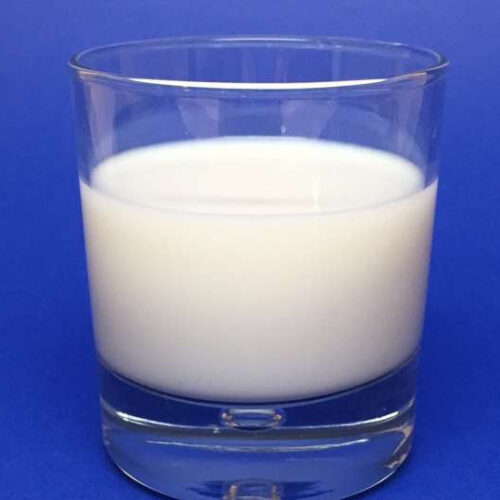by Lori Solomon Individuals with psoriasis have double the odds of having celiac disease (CD) versus individuals without psoriasis, according to a research letter published online Feb. 9 in the Journal of the American Academy of Dermatology. Marina Z. Joel, from the Johns Hopkins University School of Medicine in Baltimore, and colleagues examined the association between psoriasis and...
Telomere shortening linked to depression and cognitive impairment in older adults
by Impact Journals LLC Hypothetical interaction between telomere shortening and inflammation induced by IL-6 leading to early subjective depressive symptoms and cognitive complaints in relatively healthy elderly. Credit: 2023 Han et al. A new research paper titled “Relationship between telomere shortening and early subjective depressive symptoms and cognitive complaints in older adults” has been published in Aging. Telomere...
Spinal cord stimulation may help diabetic neuropathy
by American Academy of Neurology Credit: Pixabay/CC0 Public Domain People with painful diabetic neuropathy may be able to get relief from high-frequency spinal cord stimulation, according to a preliminary study released today, February 28, 2023, that will be presented at the American Academy of Neurology’s 75th Annual Meeting being held in person in Boston and live online...
Social deficits and seizures in autism genetic subtype tied to overexcited brain circuits
by Northwestern University Credit: Pixabay/CC0 Public Domain Northwestern Medicine scientists have identified the cause of a genetic subtype of autism and schizophrenia that results in social deficits and seizures in mice and humans. Scientists have discovered a key feature of this subtype is a duplicated gene that results in overactive or overexcited brain circuits. The...
Temperature Changes in Brain Affect Neuronal Activity
Last summer, devastating wildfires raged across frozen regions in Siberia, Alaska, and Canada. They were caused in part by rising global temperatures, which accelerated the ability of bacteria in the soil to metabolize plant and animal matter. These environmental phenomena demonstrated a basic principle of physics – temperature is one of the main components of...
New study finds forgoing one food may treat eosinophilic esophagitis as well as excluding six
by NIH/National Institute of Allergy and Infectious Diseases A glass of milk. Credit: NIAID Eliminating animal milk alone from the diet of adults with eosinophilic esophagitis (EoE) is as effective at treating the disease as eliminating animal milk plus five other common foods, a new clinical trial has found. For people with EoE whose disease...
Research team delivers a new first in heart failure treatment using cell therapy
by Texas Heart Institute Physician-scientists at The Texas Heart Institute announced today the results of the largest cell therapy trial in patients with heart failure to date. The therapy benefited patients by reducing the risk of heart attack and stroke and improving the heart’s ejection fraction, especially in patients who have high levels of inflammation....
Stem cell therapy may reduce risk of heart attack and stroke in certain heart failure patients, study shows
By Jacqueline Howard, CNN Published 2:00 PM EST, Mon February 27, 2023 Dr. Emerson Perin holds up adult stem cells. The Texas Heart Institute CNN Cell therapy, involving adult stem cells from bone marrow, has been shown to reduce the risk of heart attack and stroke in severe heart failure patients, according to a new...
Product of Gut Microbiome Implicated in Heart Failure Risk
Sue Hughes December 22, 2022 Further evidence that the gut microbiome affects the development of cardiovascular disease, heart failure in particular, has emerged in a new report. The study directly linked elevated levels of phenylacetylglutamine (PAG), a byproduct created when microbes in the gut break down dietary protein, to increased heart failure risk and severity. It follows...
Plugging immune cell leakage from tumors could improve skin cancer treatment
by NYU Langone Health Melanoma. Credit: Wikimedia Commons/National Cancer Institute The number of specialized immune cells available for fighting skin cancer doubled when a new treatment blocked their escape from melanoma tumors, experiments in mice and human cells show. Researchers at NYU Langone Health and its Perlmutter Cancer Center who led the study found that combining a...








